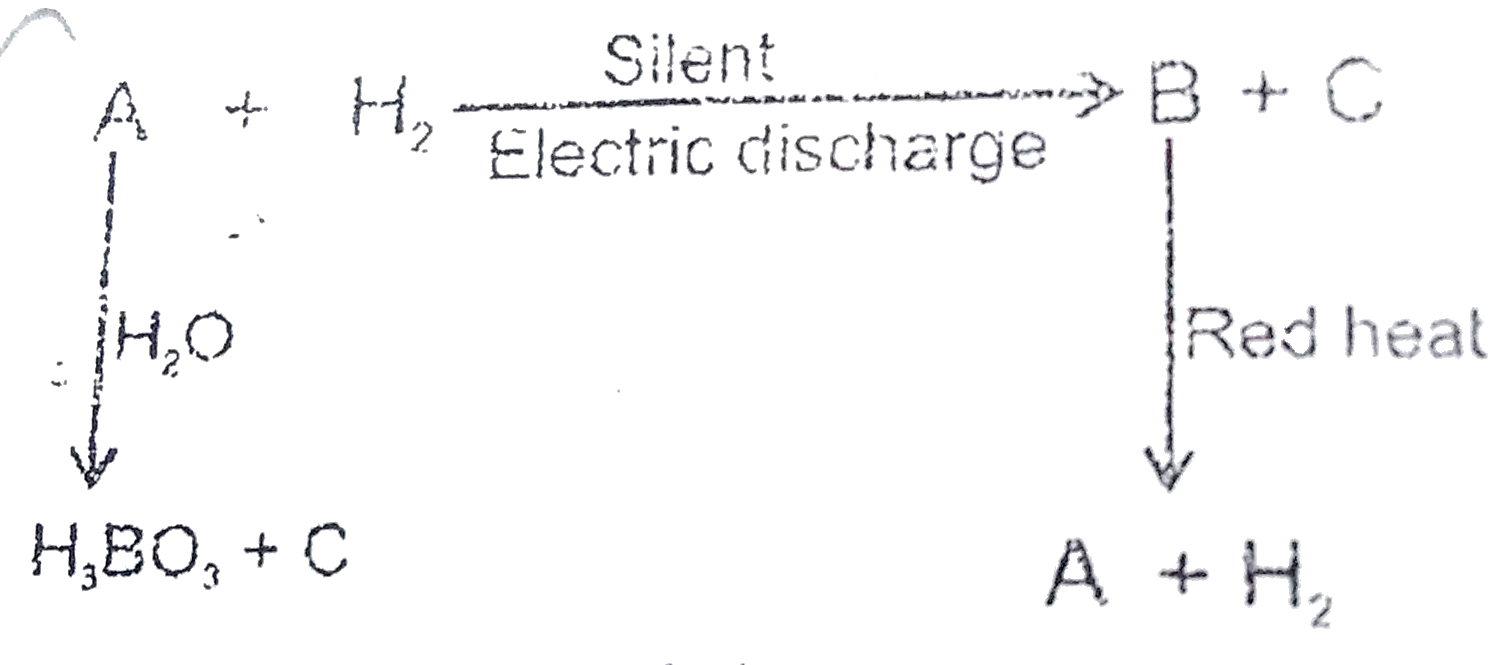Among the following, identify the correct statements.
Chloride ion is oxidised by O2
Iodide ion is oxidised by chlorine
Mn3+ is oxidised by chlorine
Fe2+ is oxidised by iodine
To solve the question of identifying the correct statements regarding oxidation reactions, we will analyze each option step by step.
Step 1: Analyze each statement
1. Chloride ion is oxidized by O2:
- Chloride ions (Cl⁻) are generally not oxidized by O2 under standard conditions. Instead, O2 can oxidize other species but not chloride ions directly.
2. Iodide ion is oxidized by chlorine:
- Chlorine (Cl2) has a higher reduction potential than iodide ions (I⁻). This means that chlorine can oxidize iodide ions by accepting electrons. Therefore, this statement is correct.
3. Mn³⁺ is oxidized by chlorine:
- Chlorine is a strong oxidizing agent, but Mn³⁺ is already in a higher oxidation state. Typically, Mn³⁺ can be reduced, not oxidized. Therefore, this statement is incorrect.
4. Fe²⁺ is oxidized by iodine:
- Iodine (I2) is a weaker oxidizing agent compared to Fe²⁺. In general, Fe²⁺ can be oxidized by stronger oxidizing agents, but iodine does not have the capability to oxidize Fe²⁺ effectively. Thus, this statement is also incorrect.
Step 2: Conclusion
Based on the analysis:
- The only correct statement is: Iodide ion is oxidized by chlorine.
Final Answer:
The correct statement among the options is: Iodide ion is oxidized by chlorine.
---
1. Chloride ion is oxidized by O2:
- Chloride ions (Cl⁻) are generally not oxidized by O2 under standard conditions. Instead, O2 can oxidize other species but not chloride ions directly.
2. Iodide ion is oxidized by chlorine:
- Chlorine (Cl2) has a higher reduction potential than iodide ions (I⁻). This means that chlorine can oxidize iodide ions by accepting electrons. Therefore, this statement is correct.
- Chlorine is a strong oxidizing agent, but Mn³⁺ is already in a higher oxidation state. Typically, Mn³⁺ can be reduced, not oxidized. Therefore, this statement is incorrect.
- Iodine (I2) is a weaker oxidizing agent compared to Fe²⁺. In general, Fe²⁺ can be oxidized by stronger oxidizing agents, but iodine does not have the capability to oxidize Fe²⁺ effectively. Thus, this statement is also incorrect.
Based on the analysis:
- The only correct statement is: Iodide ion is oxidized by chlorine.
The correct statement among the options is: Iodide ion is oxidized by chlorine.
Topper's Solved these Questions
- ELECTROCHEMISTRYBOOK - VMC MODULES ENGLISHCHAPTER - ELECTROCHEMISTRYEXERCISE - FUNDAMENTAL
50 Videos
- ELECTROCHEMISTRYBOOK - VMC MODULES ENGLISHCHAPTER - ELECTROCHEMISTRYEXERCISE - ENABLE
50 Videos
- ELECTROCHEMISTRYBOOK - VMC MODULES ENGLISHCHAPTER - ELECTROCHEMISTRYEXERCISE - JEE Main (Archive)
57 Videos
- CLASSIFICATION OF ELEMENTS AND PERIODICITY IN PROPERTIES BOOK - VMC MODULES ENGLISHCHAPTER - CLASSIFICATION OF ELEMENTS AND PERIODICITY IN PROPERTIES EXERCISE - JEE ADVANCE (ARCHIVE)
30 Videos
- ENVIRONMENTAL CHEMISTRYBOOK - VMC MODULES ENGLISHCHAPTER - ENVIRONMENTAL CHEMISTRYEXERCISE - JEE Main (Archive)
39 Videos
Similar Questions
identify the correct statement(s):
View SolutionIdentify the correct statement(s)
View SolutionIdentify the correct statement(s):
View SolutionIdentify the correct statement(s):
View SolutionIdentify the correct statement(s).
View SolutionIdentify the correct statement (s)
View SolutionIdentify the correct statements (s):
View SolutionIdentify the correct the statement
View Solution
Identify correct statement.
View SolutionAmong the following, the correct statement (s) is (are)
View Solution
